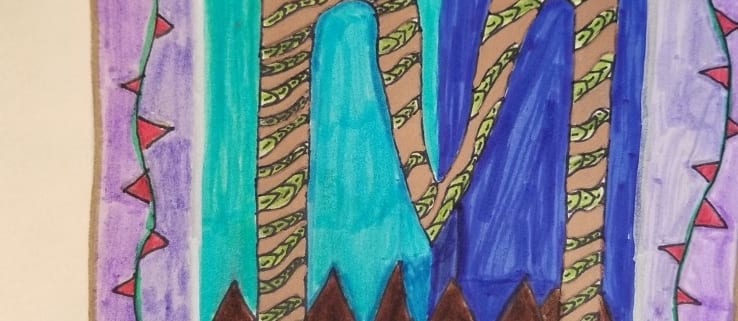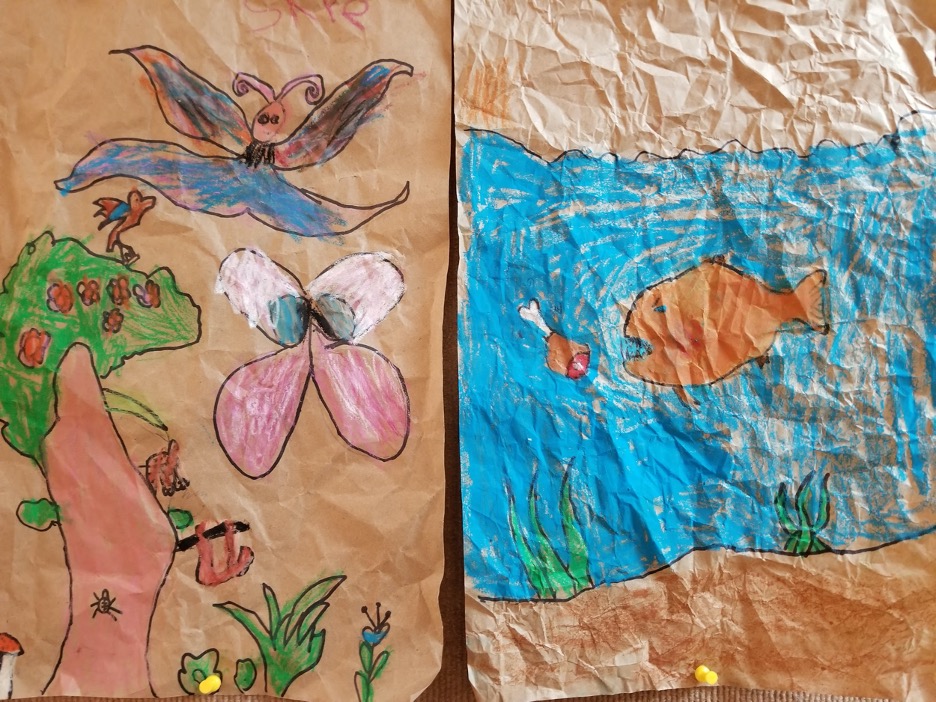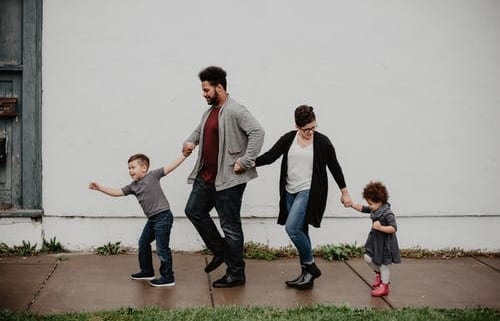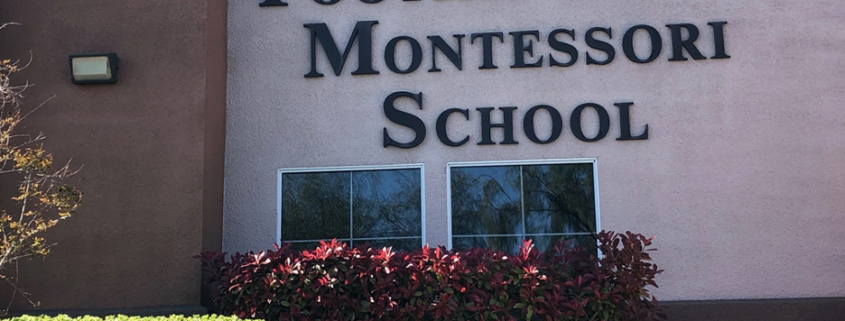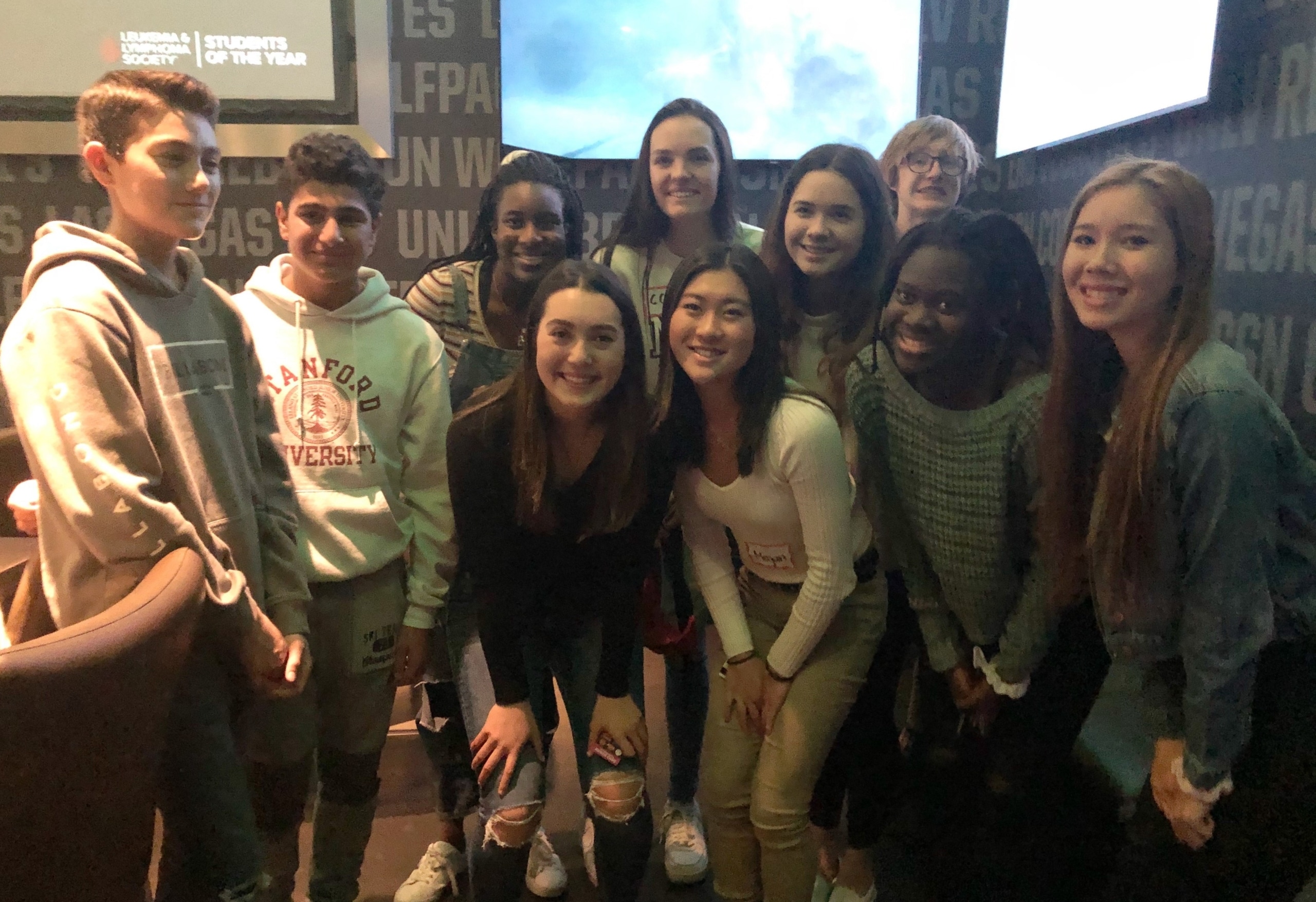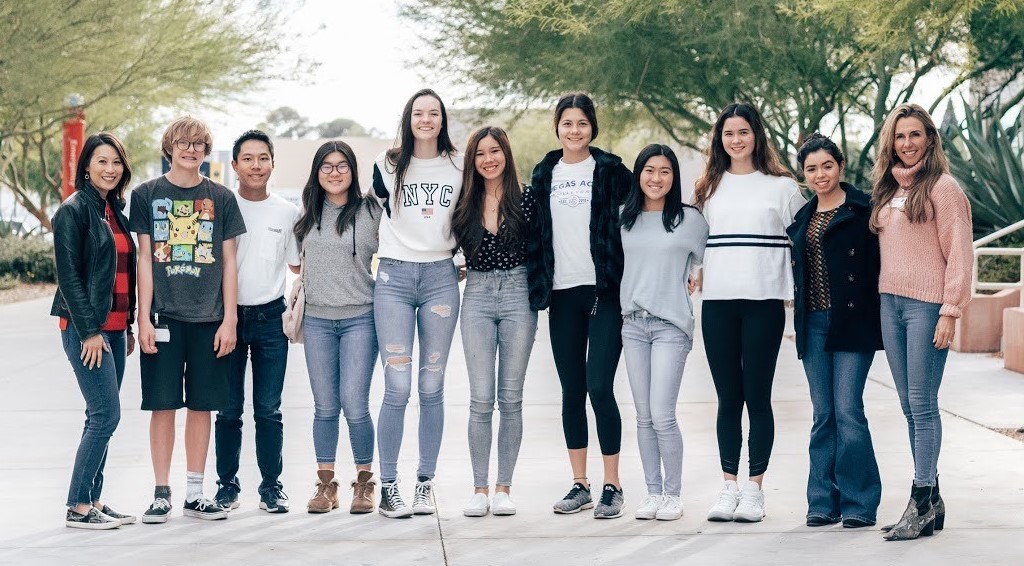All children exhibit challenging behaviors at some point in their life. It might be when they are three and bite another child that reaches for a toy they are playing with. It might be your seven year old that refuses to go to bed on time and then refuses to get up in the morning. The teenage years are universally dreaded by most parents because of disrespectful language and outright rejection of your guidance. When these challenges begin to pile up, all parents ask the same question: How can I change my child’s behavior?
The answer: change your own behavior. Consider how you react when you encounter unhelpful behaviors and consider how you react when behavioral expectations are met. Do you pay the same amount of attention to the behaviors you want to encourage as the ones you would like to discourage? It is a hard pill to swallow, but parents and caregivers dramatically influence children’s behavior.
So what can we do?
1. Notice
Encourage the behaviors you like by noticing. For example: If your child has been refusing to pick up their toys when you ask, notice them when they do it on their own. It could sound something like, “I see you decided to put your puzzle and cars away. Now we have a few extra minutes to read a book together.” You will soon see that the behavior you pay attention to is the behavior you will see most often.
2. QTIP (Quit Taking it Personally)
Dr. Becky Bailey refers to QTIP in her book, “Conscious Discipline”, and it is a simple reminder that behavior is a way for children to communicate, not “get back at us”. Sometimes, we assume children act a certain way to annoy us, purposefully push our buttons, or defy our directions. However, usually, children’s behavior is a direct result of how they perceive their environment. It is up to us to push away those assumptions to address the root cause of the behavior.
3. Model Calm
Most people have figured out ways to communicate without behavioral outbursts by the time they reach adulthood. If we are stressed about an upcoming work deadline, we don’t throw a tantrum on our supervisor’s office floor. Instead, we make a plan to manage the stress and remain calm. If we take the time to model this behavior, talk aloud and plan, in front of our children they begin to see appropriate ways to problem solve.
4. Remove Negative Verbs
“No” is a common word parents use to manage behavior. We get frustrated when we explicitly say, “No” to a child and they do exactly what you said not to a minute later. It is baffling that this happens repeatedly until you realize that most children do not begin to comprehend negative verbs until they are seven years old. Instead of saying, “Do not _______”, try giving them a command of what you would like them to do. For example, instead of staying, “Don’t run in the house”, say, “If you want to run, put your shoes on and go outside.” You communicate an expectation to them and give them an alternative option in the same simple sentence.
Family is made up of the most important people in children’s lives. Healthy relationships, effective communication, and behavior modeling help our children develop into the best people they can be. It all starts with you!

